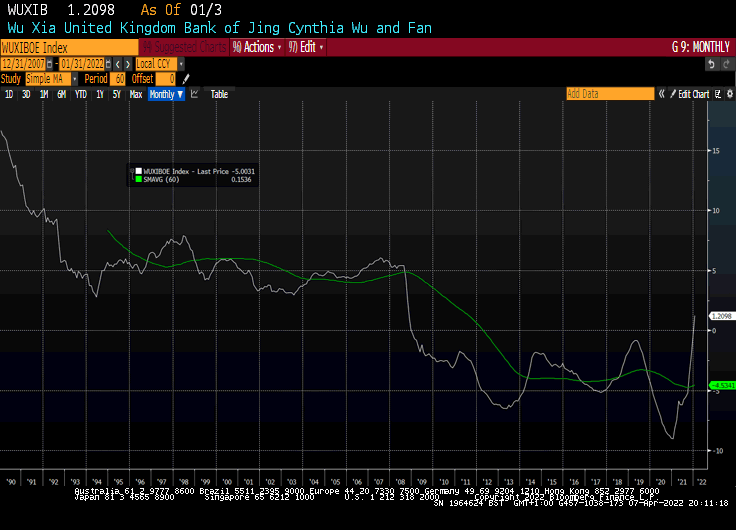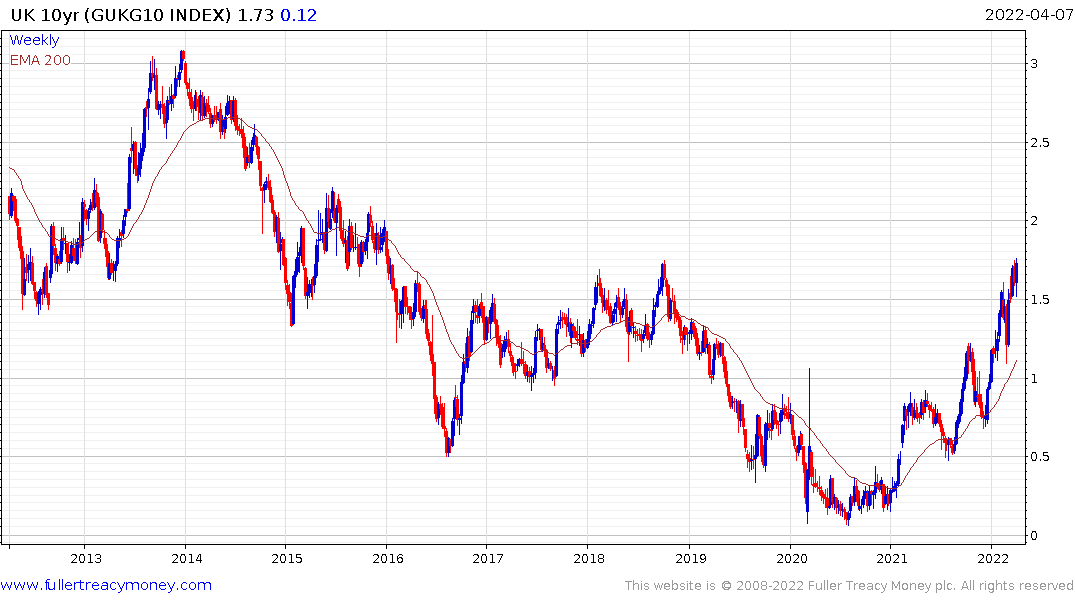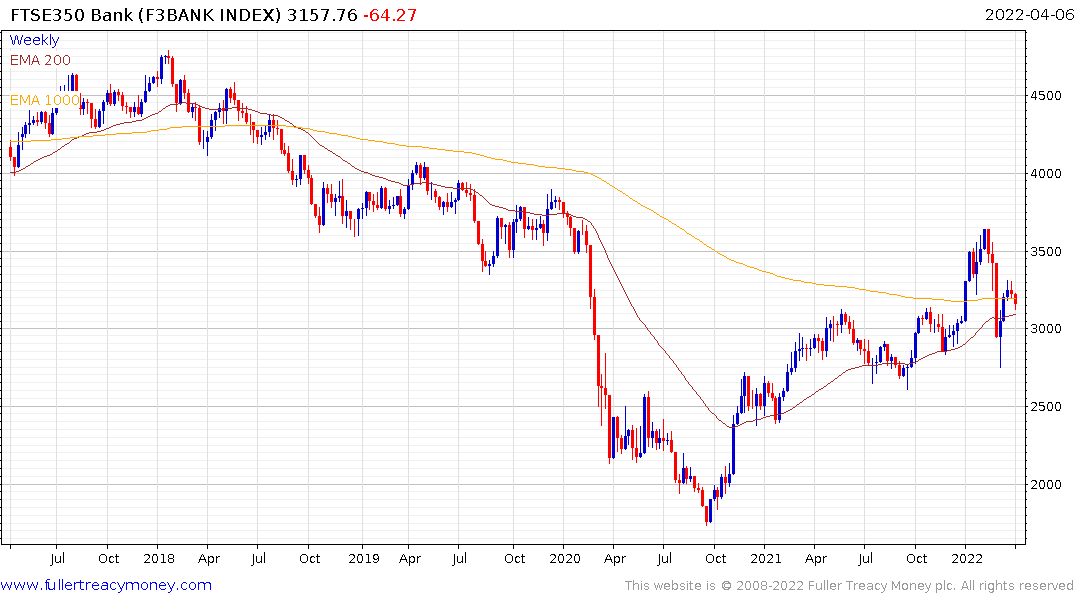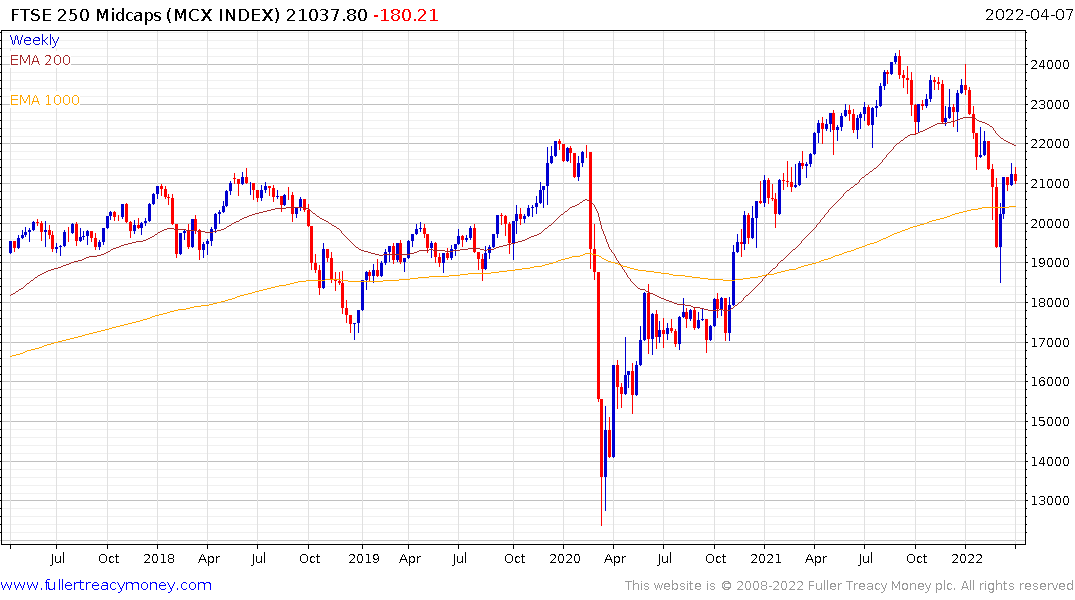One Trend Must Change Soon to Avoid a UK Recession
This article from Bloomberg may be of interest. Here is a section:
If the economy is going to avoid recession this year, consumers will need to dip into savings accumulated during the pandemic. So far, the evidence suggests this hasn’t happened. That’s worrying given the deep cost-of-living crisis facing the country.
It’s well documented that the combination of enforced saving during lockdowns and massive government income protection programs has seen household balance sheets to balloon over the past two years.
The cash, once seen as rocket fuel for the recovery, is now being viewed as a way for households to maintain the volume of goods and services they consume while inflation spirals.
That’s what made the latest credit data from the Bank of England all the more concerning. As yet, consumers have shown no willingness to dip into the 200 billion pound slush fund they have amassed even though inflation continues to run well ahead of income growth.
With inflation set to accelerate further those cash reserves will need to be drawn on if the economy is going to avoid falling off a cliff. In our forecast, we have assumed 10% of the stock of deposits is used over the next year, when the hit to spending power will be at its most intense. Consumption still contracts on a quarterly basis in 2Q and 4Q, but the economy avoids recession. About 25% of the pandemic savings are used over our whole forecast period to 2025.
Of course, it may be that as the squeeze on household budgets intensifies, it forces people to use the cash. It’s also possible that rather than run down assets, households borrow. For low income workers, who weren’t able to bolster their savings during the pandemic, that may be the only option if they want to maintain their spending. With that in mind, it was notable that the same credit data showed a big increase in unsecured net borrowing.
Still, with consumer confidence at levels that are normally associated with recessions, the worry is that caution prevails and the economy takes a far bigger hit than we expect this year.
Economic statistics are good at giving some visibility on aggregate numbers but terrible at displaying divergences in opportunity. £200 billion in excess saving ignores the fact most people do not savings.The reality is higher prices mean many people have to make hard decisions about consumption.
The Bank of England has been more aggressive than other central banks in raising rates and is still only at 0.75%.

The UK version of the Wu Xia Shadow Rate has tightened by 1000 basis points in the last six months.

Gilt yields are testing more than six-year highs.

Together with a banking sector that is beginning to roll over, there is significant scope for a growth shock over the coming quarters.

The FTSE-250 rebounded in line with global markets from its early March lows and is now rolling over. It will need to hold the 19000 area if support building is to be given the benefit of the doubt.


